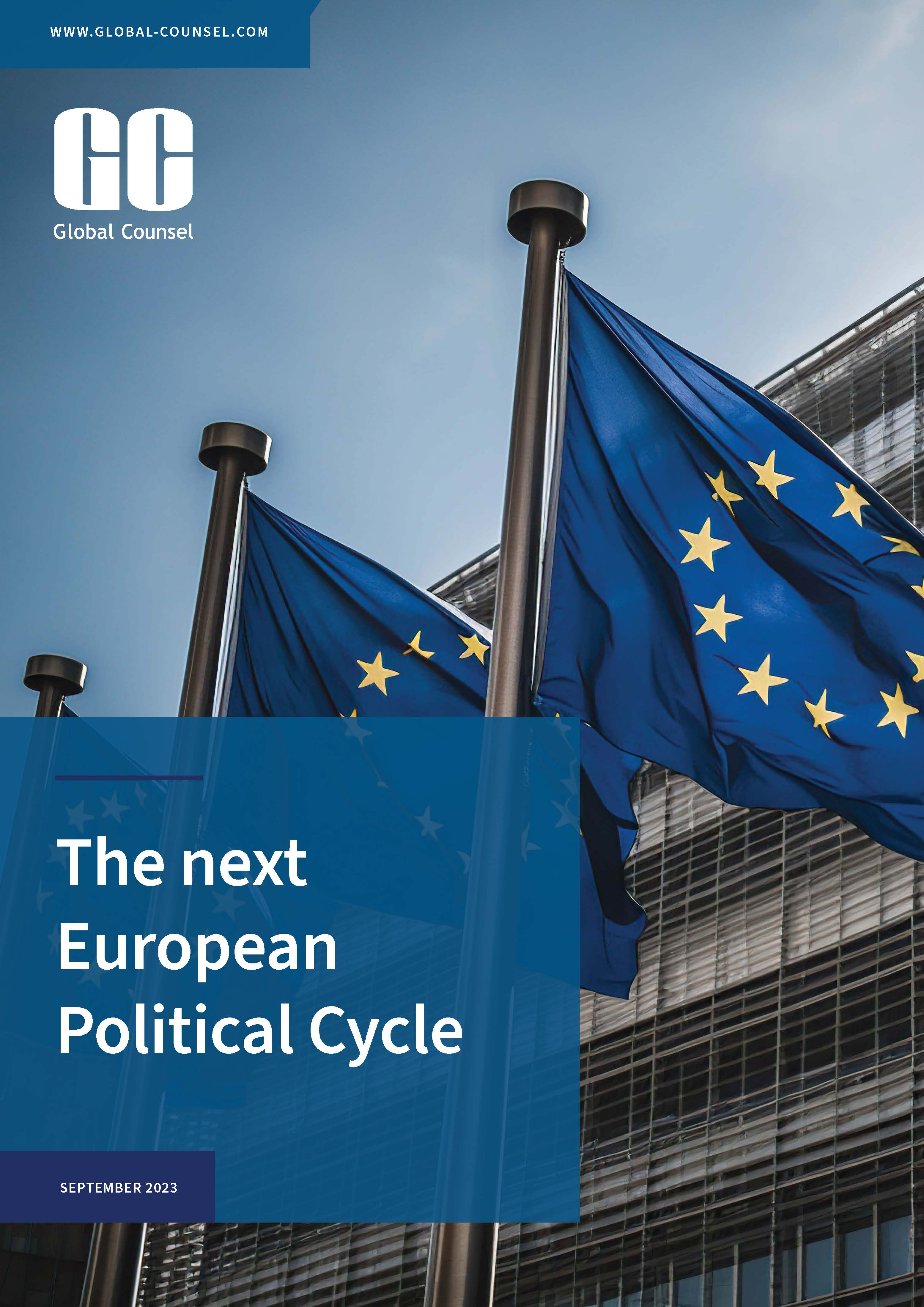Share
2024 will see many of the current set of Commissioners change, potentially a new Commission President, a new European Parliament and certainly a new President of the European Council. This change of personnel will also mean a change of policy. Even if the Commission President stays the same, new policy demands from the Council and Parliament and new personalities in the Commission will mean a changed agenda.
This will pose a series of challenges for European governments, businesses and civil society to anticipate the refreshed political landscape and to ensure their ideas, arguments and evidence are relevant to a new political agenda.
Ursula von der Leyen is set for reappointment as Commission president, but the college of Commissioners and its policy agenda will be reshaped by changes in national governments since 2019. Her centre-right EPP European political party will be in an historically weak position in the European Council, but von der Leyen remains the easiest choice for EU heads of state and government. If she is not chosen, the field is wide open. The Spitzenkandidaten process is not set to dominate the appointment but still matters as a vehicle for von der Leyen’s reappointment. The Greens’ influence in the next European Parliament may weaken.
There will be a shift in priorities in the next political cycle but the detail on issues like enlargement and competitiveness will be hotly contested. There has been a political response to European industry’s growing concerns about the continent’s competitiveness. A shift to the right in the European elections may amplify it, translating in some cases into higher subsidies, in others to a focus on deregulation and deepening the single market. Enlargement is now again a practical concern, which poses hard challenges for the future of the EU budget, the EU’s institutional arrangements and governance issues around the rule of law.
The legacy of a college focussed on a series of crises, from the pandemic to soaring energy costs, will be difficult choices on the Eurozone’s fiscal framework. The next Commission must work through whether the green and digital transition must need some rebalancing against new and returning priorities. Co-ordination of spending on health and defence, and in securing supplies of energy and raw materials, all have their advocates in EU capitals, while the departures of traditional ‘hawks’ in Mark Rutte and the German CDU may remove some of the political obstacles to making permanent the recovery and resilience facility.
The balance between openness and autonomy will continue to be contested in the debate on open strategic autonomy/sovereignty. The transformed relationships with China and Russia since 2019, and anxieties about the US election in 2024, have all cemented concern at heads of government level about the importance of projecting EU economic power. The use of newly developed tools such as the anti-subsidy or anti-coercion instrument on non-EU companies, as well as the progress or otherwise in developing common standards on artificial intelligence and data, will reveal the extent of ‘collateral damage’ that concerns economy ministries and business stakeholders. The response to Russian aggression will remain a first order priority.
KEY DATES ON THE PATH TO TRANSITION
- Nov 2023 - Mar 2024: European political groups decide on Spitzenkandidaten and on policy platforms. For example, the centreleft PES Congress on 10 November will agree a Resolution on priorities, before a further Congress in Q1/2024 approves a manifesto.
- 6-9 June 2024: 27 member states hold elections, sometimes combined with regional or local elections. There are differences in approach, with some countries organised into regional constituencies and others with national lists. 16 members use the “d'Hont” method of allocating seats proportionally. The number of MEPs increases from 705 to 720. End-June European Council (and possible further meetings): Heads of state and governments decide Commission President and other senior appointments such as the High Representative. July: Member states not securing a ‘top job’ then nominate their candidates for Commissioner, in consultation with the Commission President, who then allocates a provisional porfolio, subject to confirmation from the European Parliament.
- September/October 2024: Newly-formed committees in the European Parliament vet Commissioner candidates nominated by Member States. Successful candidates (normally all but one or two) then receive “mission letters” from the President derived from overarching political guidelines. These documents will clarify any structural changes around the roles of Commissioners, Vice Presidents, Executive Vice Presidents and possibly other tiers.
- 1 November 2024: New Commission takes office and prepares work programme for 2025.
The views expressed in this report can be attributed to the named author(s) only.
